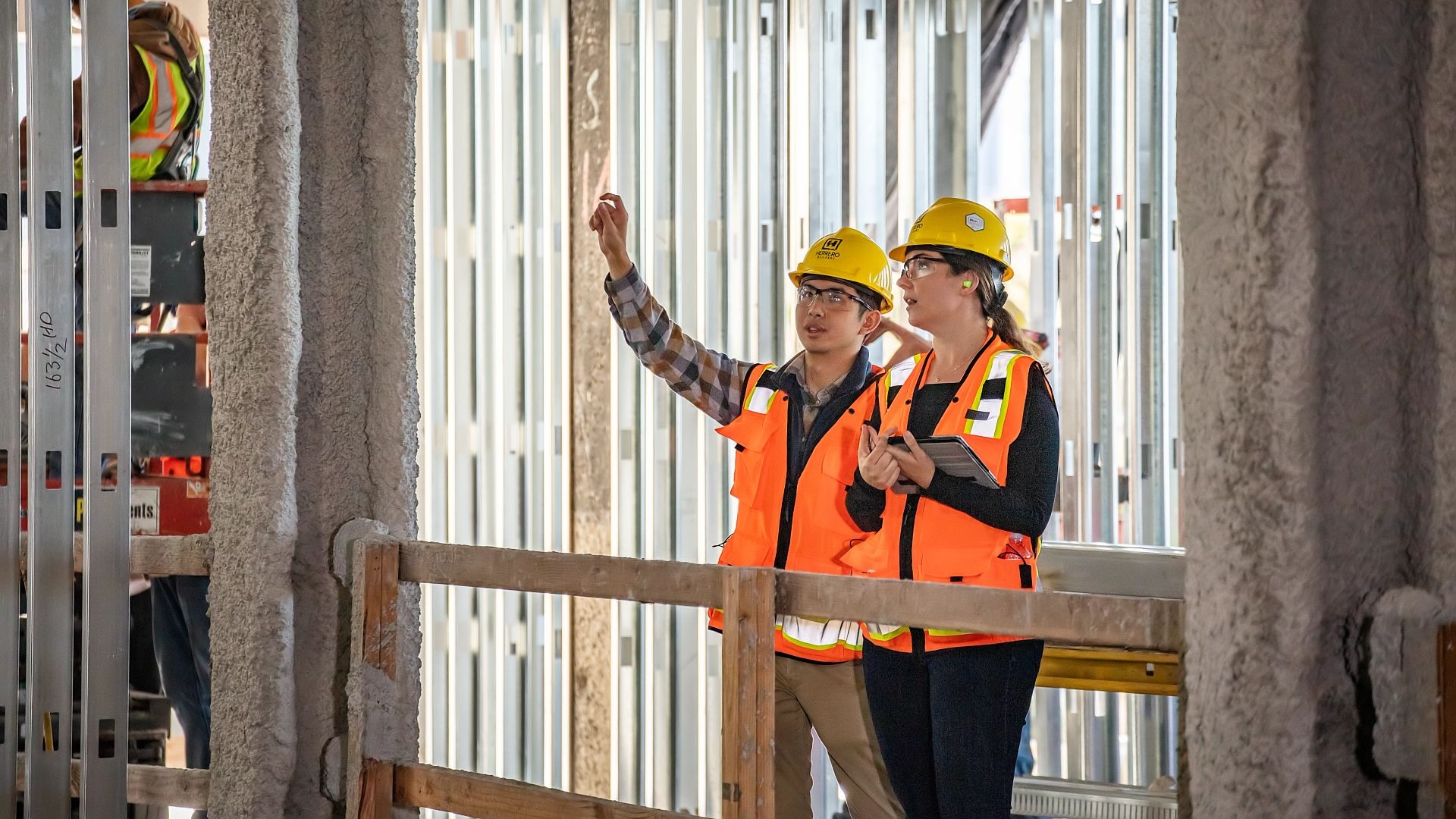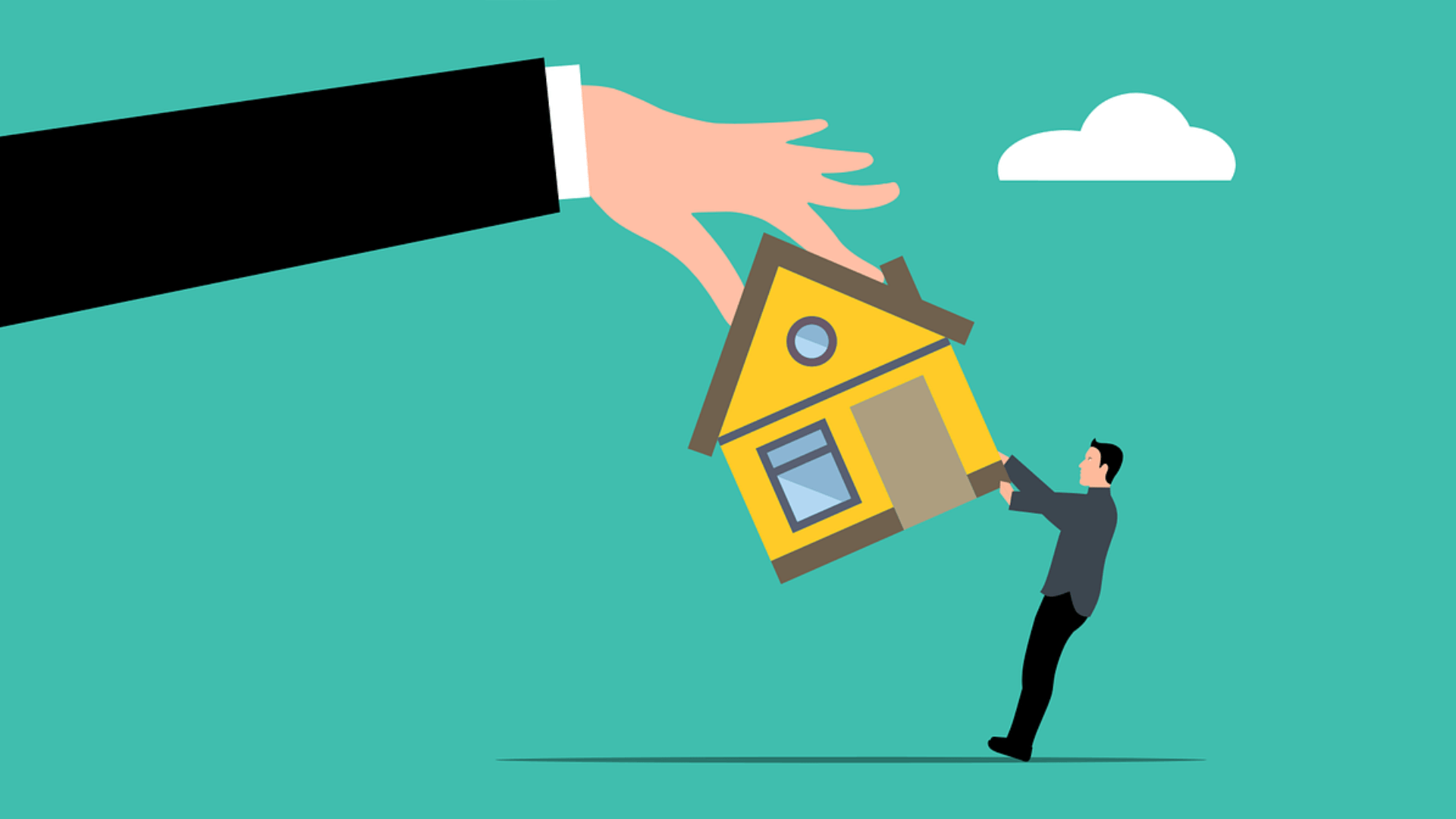
The real estate market offers a range of opportunities for buyers, and foreclosed homes are often seen as one of the most appealing options. Foreclosures can provide significant savings, but they also come with unique challenges and risks. This article will explore what foreclosed homes are, the buying process, the benefits and drawbacks, and tips for successfully navigating this market.
What Are Foreclosed Homes?
Foreclosed homes are properties that have been repossessed by a lender due to the previous owner’s failure to make mortgage payments. When a homeowner defaults on their loan, the lender initiates foreclosure proceedings to reclaim the property. Once the foreclosure process is complete, the bank or lending institution takes ownership and attempts to sell the home, often at a reduced price.
Foreclosures can occur for various reasons, including financial hardship, job loss, medical emergencies, or other life events that lead to the inability to meet mortgage obligations.
The Buying Process for Foreclosed Homes
Purchasing a foreclosed home differs from buying a traditional property. Here’s a step-by-step guide to help you navigate the process:
1. Research and Understand the Market
Before diving in, take time to research the foreclosed home market in your desired area. Understand local real estate trends, property values, and the overall foreclosure rate. Websites like Zillow, RealtyTrac, and Foreclosure.com can provide valuable insights and listings.
2. Get Pre-Approved for a Mortgage
Getting pre-approved for a mortgage is crucial when buying a foreclosed home. It demonstrates to sellers that you are a serious buyer and helps you establish a budget. Many foreclosed properties require cash offers or quick closings, so having your financing in order can give you an edge.
3. Engage a Real Estate Agent
Working with a real estate agent experienced in foreclosures can be highly beneficial. They can help you navigate the complexities of the foreclosure market, provide access to listings, and assist with negotiations and paperwork.
4. Inspect the Property
Unlike traditional sales, foreclosed homes are typically sold “as-is,” meaning the buyer assumes responsibility for any repairs or issues. Always conduct a thorough inspection to identify potential problems such as structural damage, plumbing issues, or pest infestations. This step is crucial for understanding the total investment needed.
5. Submit an Offer
Once you’ve identified a foreclosed property you’re interested in, submit an offer through your agent. Be prepared for the possibility of multiple offers, as foreclosures can attract many buyers due to their lower prices. Your agent can help you craft a competitive offer based on market conditions and property value.
6. Negotiate and Close
After your offer is accepted, negotiations may continue regarding repairs, closing costs, or other terms. Once all parties agree, you’ll proceed to closing. This stage involves signing documents, finalizing financing, and transferring ownership. Be prepared for additional paperwork and potential delays, as banks may have stricter procedures for foreclosures.
Benefits of Buying Foreclosed Homes
1. Lower Prices
One of the most significant advantages of buying a foreclosed home is the potential for lower purchase prices. Foreclosures are often sold below market value, allowing buyers to snag a deal.
2. Investment Opportunities
Foreclosed homes can provide excellent opportunities for investors. Purchasing a property at a lower price can lead to substantial returns, especially if the property is renovated and resold or rented out.
3. Increased Inventory
Foreclosure properties add to the available housing inventory, providing more options for buyers. This can be particularly beneficial in markets where traditional homes are scarce.
4. Potential for Quick Transactions
Once the bank or lender approves your offer, the closing process can be relatively quick. This is advantageous for buyers looking to move quickly.
Drawbacks of Buying Foreclosed Homes
1. As-Is Condition
Foreclosed properties are often sold as-is, which means buyers may inherit costly repairs. Without a thorough inspection, you might discover significant issues after the purchase, leading to unexpected expenses.
2. Complex Buying Process
The process of buying a foreclosed home can be more complicated than a traditional sale. Dealing with banks and lenders may involve additional paperwork, longer response times, and bureaucratic hurdles.
3. Competitive Market
Due to their lower prices, foreclosed homes often attract multiple offers. This competition can drive prices up and make it difficult to secure a property, especially for first-time buyers.
4. Emotional Distress
Buying a foreclosed home can come with emotional challenges. Knowing that the previous owners may have experienced financial difficulties or hardship can create a sense of discomfort.
Tips for Successfully Navigating the Foreclosure Market
1. Do Your Homework
Research is key to understanding the foreclosure market. Familiarize yourself with local real estate trends, the foreclosure process, and property values in your area.
2. Be Patient
The foreclosure buying process can be lengthy and frustrating. Be prepared for delays and stay patient as you navigate the complexities of working with






